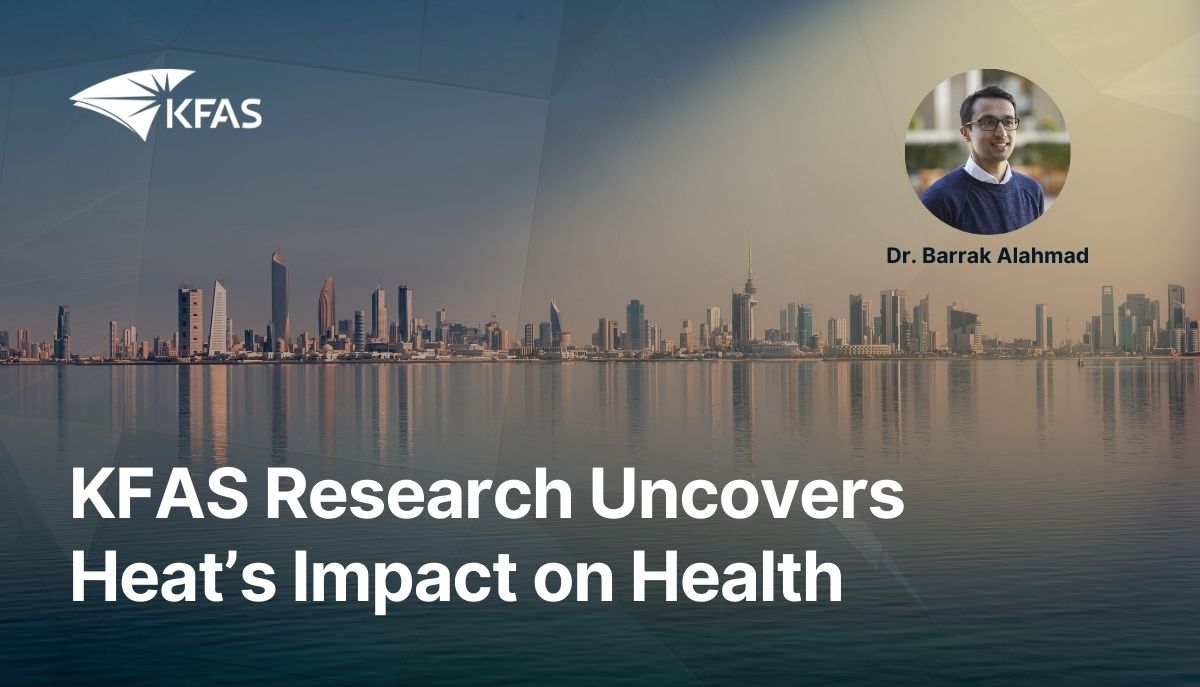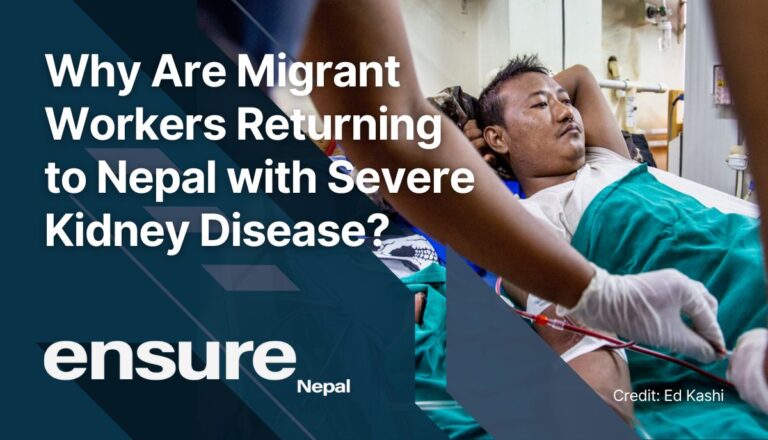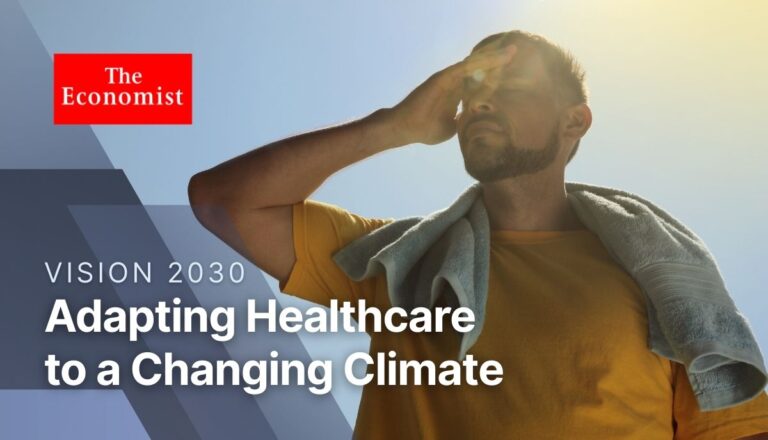A new research review identifies a lack of studies from the Arabian Peninsula studying the health effects of extreme heat. The review identified only 12 relevant studies conducted since 2010, indicating the paucity of attention this region has received in a critical study area. A majority of the studies took place in Kuwait, with LIN researcher and Harvard Senior Research Scientist Dr. Barrak Alahmad being principal investigator on all of them.
Rising temperatures are rapidly reshaping our planet, with some regions already confronting severe health impacts due to extreme heat. In particular, the Arabian Peninsula has emerged as a critical yet understudied area at extreme risk.
Dr. Alahmad said, “ Extreme heat is a silent killer that is quietly unfolding in the Arabian Peninsula. We did a lot of research, now it is time to put this new knowledge into practice and start implementing solutions for affected populations.”
He continues, “The reason Kuwait has at least twice the number of studies as neighboring countries is simple: the Kuwait Foundation for the Advancement of Sciences (KFAS), a visionary funder who supported them all. Grateful doesn’t even begin to cover it! Kudos to the Kuwait Ministry of Health and KFAS for backing research in one of the regions that needs climate-health data the most.”
The scoping review, conducted by an international team including Anais Teyton, Jennifer Bailey, and Colin Raymond, synthesizes studies from 2010 to 2024 to assess the relationship between extreme heat and health outcomes in the Arabian Peninsula.
Most research was concentrated in Kuwait (eight studies) and Saudi Arabia (four studies), with single studies from Qatar, Oman, Yemen, and the UAE. Daily average temperature was the predominant metric used, mainly to assess mortality outcomes at an ecological (population-wide) level rather than individual health impacts.

Key statistics and findings reveal a grim reality:
- Temperatures in the Arabian Peninsula are projected to exceed human survivability limits during this century, particularly the wet-bulb temperature—a combined metric of heat and humidity.
- Mortality linked to cardiovascular and non-accidental causes significantly increases with higher temperatures. For instance, one Kuwait study reported a 209 percent increase in cardiovascular deaths at extreme temperatures.
- Vulnerable groups such as migrant workers, especially in countries like Qatar and Kuwait, are disproportionately affected due to occupational exposure and challenging living conditions.
- The summer of 2024 tragically demonstrated the lethal potential of extreme heat during the Hajj pilgrimage, resulting in over 1,300 heat-related deaths within days as temperatures soared above 113°F/45°C.
The authors emphasize an urgent need for expanded research across the region to understand localized impacts, identify susceptible sub-populations, and develop targeted interventions. Moreover, there’s a critical need to integrate factors such as land-use changes, urbanization, and socioeconomic vulnerability into heat-health research to develop nuanced, actionable strategies.
This scoping review is not merely an academic exercise—it serves as an urgent call to action. As temperatures continue to climb, the Arabian Peninsula must prioritize comprehensive heat-health research, enhance local governance responses, and implement proactive measures to protect its populations. Without immediate and sustained efforts, the human toll of climate-induced heat could escalate dramatically, underscoring climate change not just as an environmental challenge, but a profound humanitarian crisis.
La Isla Network es una organización de investigación y asesoramiento en salud dedicada a erradicar las lesiones, enfermedades y muertes relacionadas con el calor entre los trabajadores de todo el mundo. Desarrollamos intervenciones de protección laboral basadas en datos y gestionamos el cambio, mejorando la resiliencia de las fuerzas de trabajo y las empresas ante la exposición al calor. LIN impulsa un cambio duradero colaborando con gobiernos e instituciones multilaterales para informar y crear políticas. Para más información, utilice nuestro Formulario de contacto.




